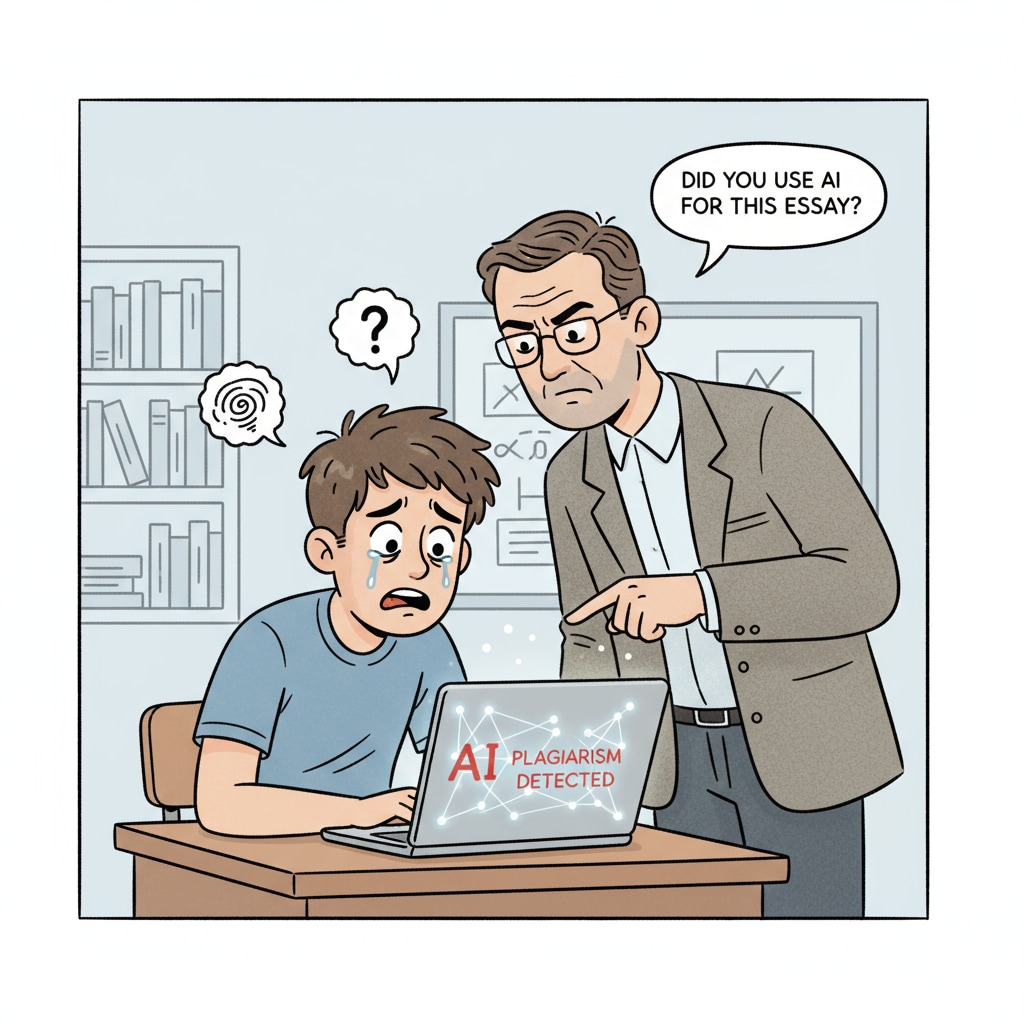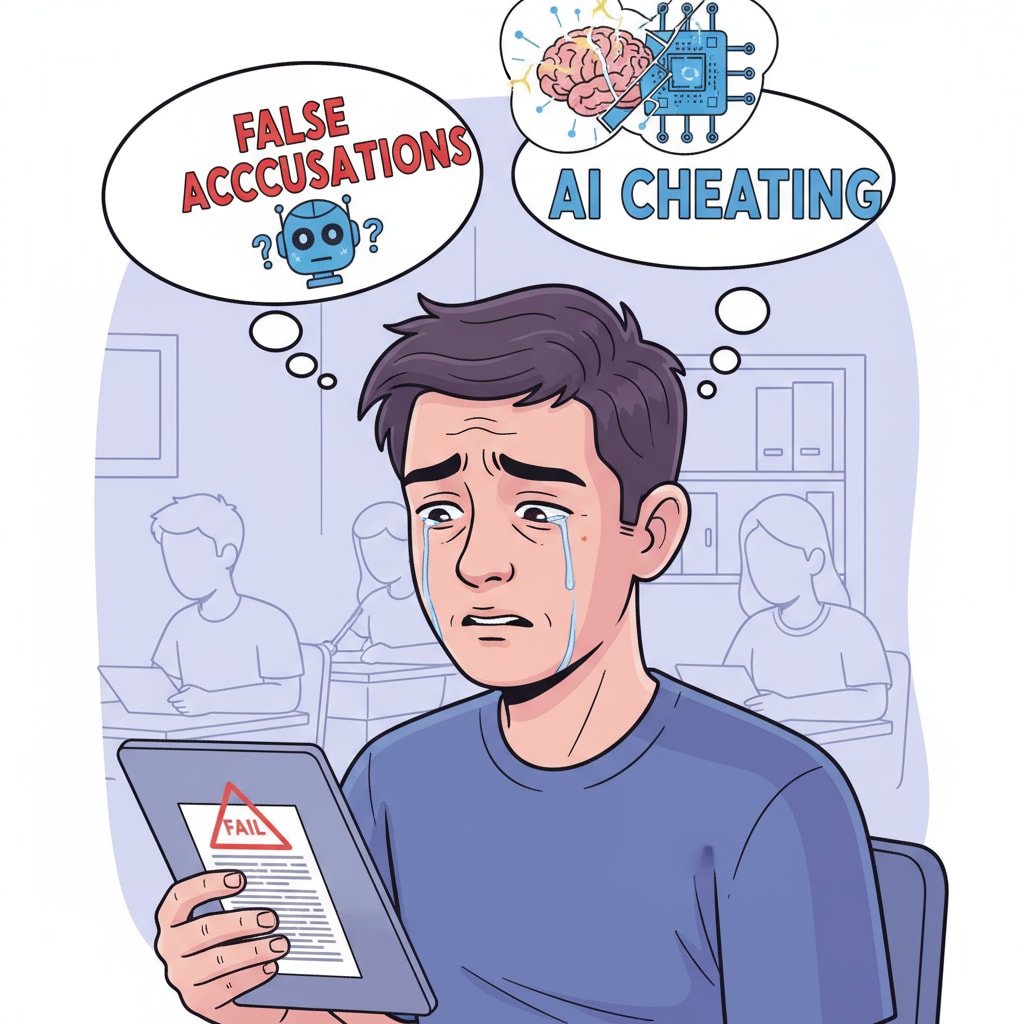In the age of rapid technological advancement, the issue of university responsibilities, false accusations, and AI cheating has become a significant concern. As AI technology permeates the educational landscape, an increasing number of students are being wrongly accused of using AI to cheat. This not only undermines the integrity of the educational system but also has far-reaching consequences for the students involved.

The Rise of False AI Cheating Accusations
The emergence of AI tools has made it easier for educational institutions to suspect students of cheating. However, the lack of proper verification methods has led to a surge in false accusations. For example, some automated plagiarism detection tools may flag student work as AI-generated based on imperfect algorithms. According to Inside Higher Ed, many students have found themselves at the receiving end of baseless claims. This shows that the current systems in place are not sufficient to accurately determine if a student has truly used AI for cheating.
The Harms of False Accusations
False accusations of AI cheating can have devastating effects on students. Firstly, it can damage their academic reputation. A student wrongly branded as a cheater may face disciplinary actions, such as failing a course or even being expelled from the university. Secondly, it takes a toll on their mental health. The stress and anxiety of being unjustly accused can lead to long-term psychological issues. For instance, students may experience depression or loss of confidence.

In addition, it can also affect their future prospects, as potential employers or graduate schools may view these false accusations negatively.
The onus lies on universities to address this issue. They need to take responsibility for ensuring accurate and fair assessment of student work. This includes investing in more advanced detection methods that can distinguish between genuine student effort and AI-generated content. Universities should also train their faculty to be more discerning when evaluating student work. According to The Chronicle of Higher Education, clear guidelines and professional development for instructors can help reduce the occurrence of false accusations.
The Need for a Fair Identification and Appeal Mechanism
To combat false accusations, universities must establish a fair and transparent identification mechanism. This should involve multiple levels of review, including human evaluation in addition to automated tools. Moreover, students should be provided with a clear and accessible appeal channel. When wrongly accused, they should have the opportunity to present their case and prove their innocence. This will not only protect the rights of students but also uphold the fairness and integrity of the educational system.
In conclusion, the problem of university responsibilities, false accusations, and AI cheating demands immediate attention. By implementing fair identification mechanisms, providing appeal channels, and taking on their responsibilities, universities can ensure that students are not unjustly penalized and that the educational environment remains one of fairness and trust.
Readability guidance: The article uses short paragraphs and lists to summarize key points. Each H2 section provides relevant details. The proportion of passive voice and long sentences is controlled, and transition words are used throughout to enhance readability.


